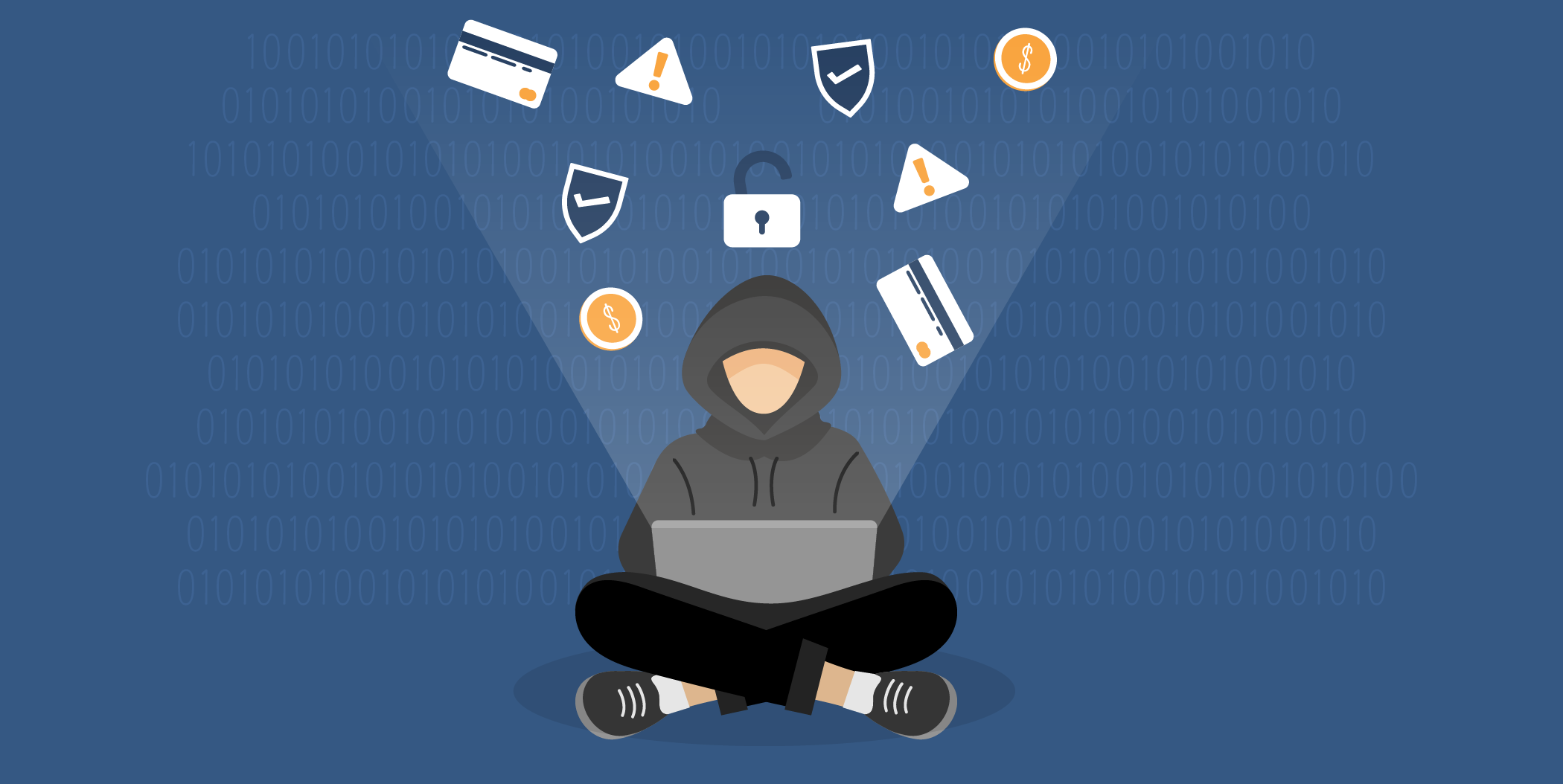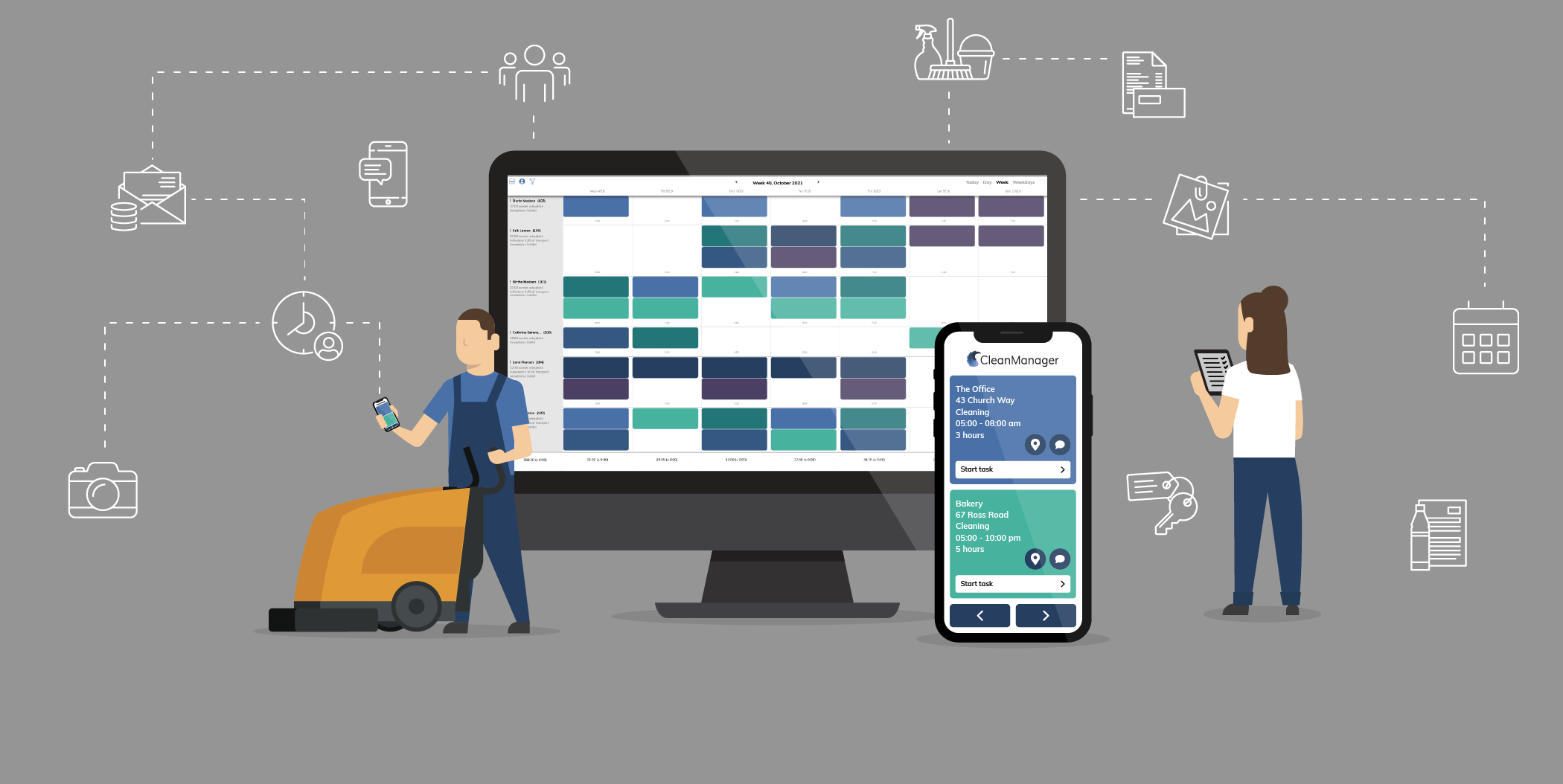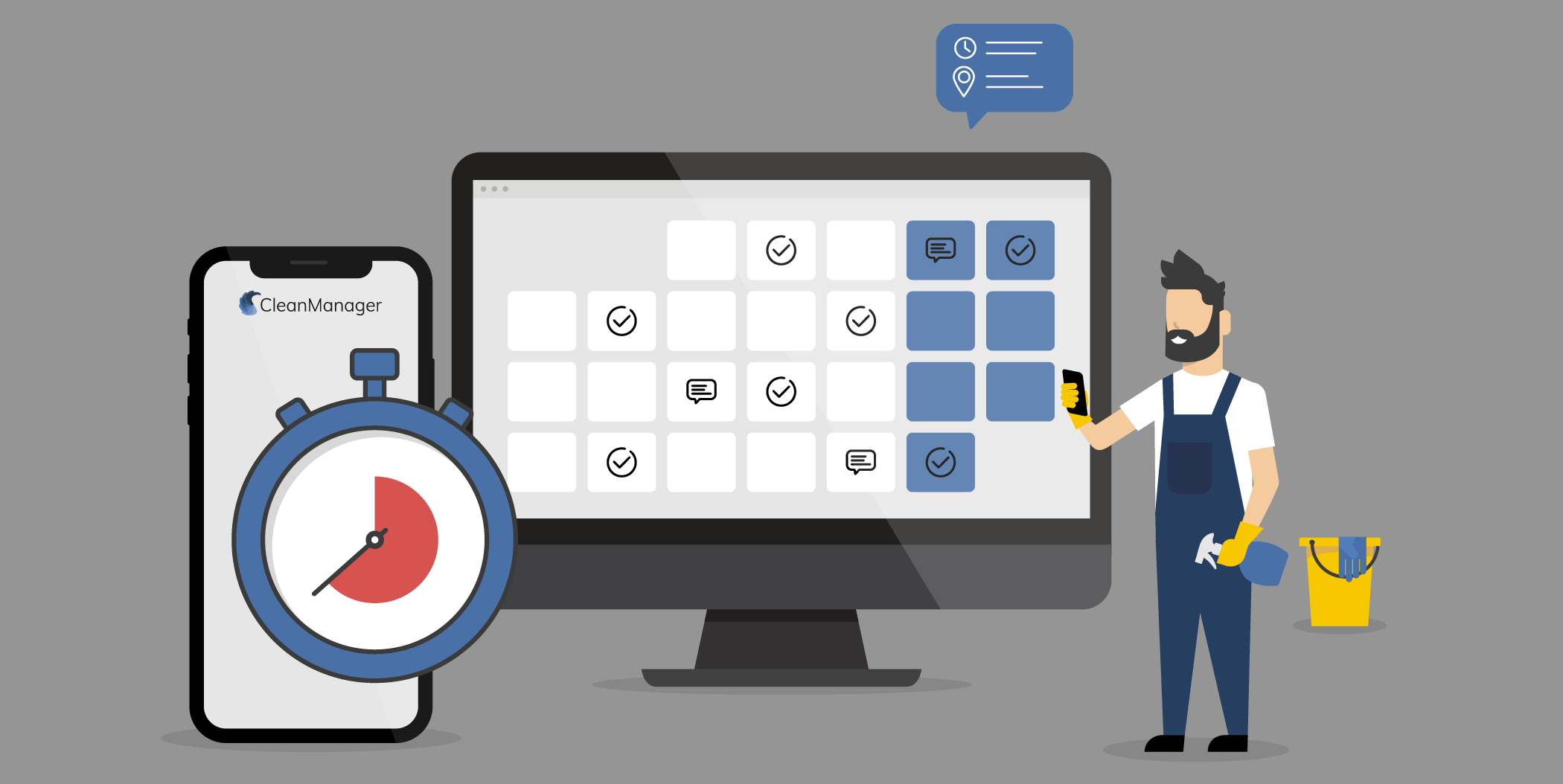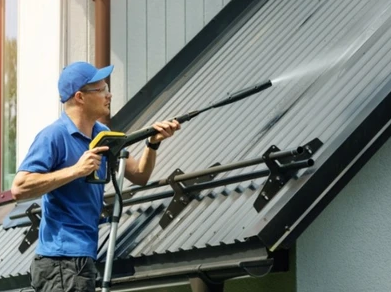Digitalisation has transformed the cleaning industry, making operations more efficient through smart devices, digital job management, and interconnected tools. With these advancements come new risks—how vulnerable is your business to cyber threats?
According to Markel Direct, half of UK businesses experienced a cyberattack or security breach in 2023, with small and medium-sized businesses (SMEs) being particularly vulnerable. Shockingly, 49% of SMEs admit they wouldn’t know how to respond to an attack.
As a cleaning business, you may think you’re too small to be a target, but cybercriminals often look for the easiest way in—and cleaning companies, which handle sensitive client data and access credentials, are attractive entry points to larger organisations.
Why Your Cleaning Company Is at Risk
Cyberattacks can do more than just shut down your systems—it can cost you clients, delay payments, and disrupt daily operations. Around 75% of SMEs in the UK worry about cybersecurity. For your cleaning business, this is something you can’t afford to overlook, as you handle highly sensitive information, including:
- Client details (names, addresses, and billing details).
- Access codes and security credentials.
- Contract details and internal records.
- Employee payroll and personal data.
A breach can lead to financial losses, contract cancellations, compliance violations, and damage to your company’s reputation. This is especially dangerous if you serve banks, hospitals, or government agencies, which have strict security requirements.
The Biggest Cyber Threats for Cleaning Companies
1. Phishing & Social Engineering
Hackers send fake emails pretending to be clients, suppliers, or banks to trick employees into revealing passwords or financial information. Just one click on a malicious link can give hackers access to your entire system.
How to Protect Your Business:
✔ Train employees to recognise phishing emails.
✔ Verify emails before clicking links or opening attachments.
2. Data Breaches
Cleaning businesses store confidential client security information, employee payroll records, and contract details. If this data is stolen, it can lead to financial fraud, legal trouble, and lost trust.
How to Protect Your Business:
✔ Encrypt sensitive data and restrict access to authorised personnel.
✔ Regularly update passwords and never store them unsecured.
✔ Use cloud-based, secure platforms like CleanManager for compliant and responsible data.
3. IoT Security Risks
Smart cleaning equipment and scheduling software connect to the internet, making them potential entry points for hackers. Outdated software and weak passwords make these devices vulnerable for cyberattacks.
How to Protect Your Business:
✔ Keep all devices updated with the latest security patches.
✔ Use secure Wi-Fi networks and segment access for connected devices.
✔ Restrict permissions to only essential users.
4. Supply Chain Cyberattacks
Cleaning businesses often work with large organisations that have strict security requirements. Hackers may target these companies as a backdoor into bigger, more valuable networks.
How to Protect Your Business:
✔ Never store access credentials in an unsecured format.
✔ Evaluate cybersecurity measures of subcontractors and suppliers.
✔ Include IT security requirements in contracts with clients.
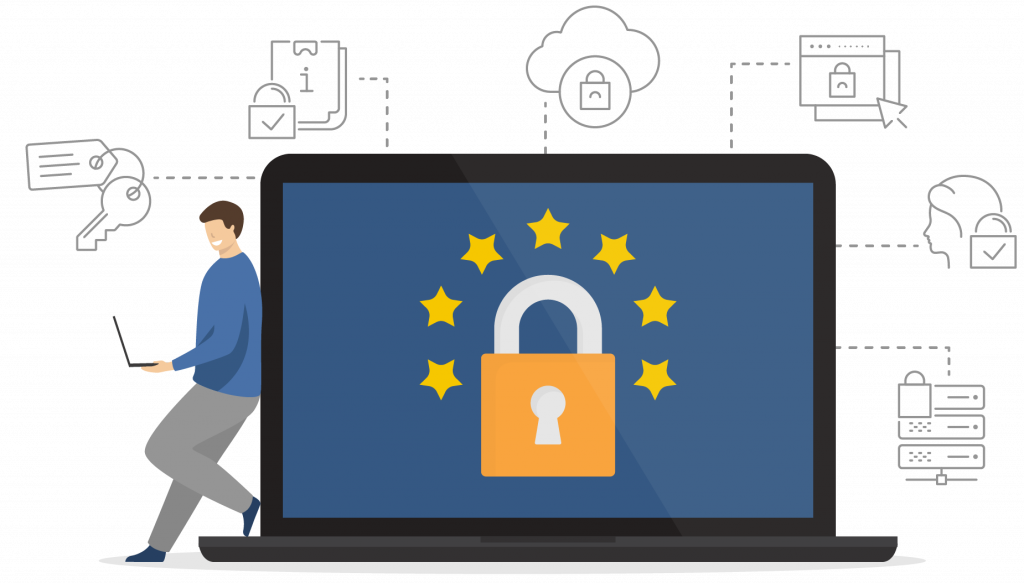
Best Practices against Cyberattacks: How Cleaning Companies Can Stay Secure
While 19% of SMEs believe cybersecurity is complex or expensive, the reality is that even small improvements can save your business from major disruptions.
1. Strengthen Your Technical Defences
- Regularly install software updates and patches.
- Use strong passwords and change them frequently.
- Enable Multi-Factor Authentication (MFA) on users and accounts. Common factors for authentication are passwords or pin combined with a mobile number, fingerprint or facial recognition.
- Perform regular backups and store them securely.
- Install firewalls and secure network protections.
2. Train Your Team
- Conduct phishing awareness training and test employees.
- Set clear guidelines on handling sensitive data.
- Strengthen cybersecurity awareness through training.
3. Create a Cyberattack Response Plan
If your business was attacked today, would you know what to do? A response plan ensures quick action and reduces damage.
- Who is responsible for handling a security breach?
- What steps should be taken immediately?
- Which data needs to be restored first?
With CleanManager cleaning companies can integrate security measures into their daily operations—from secure data management to clearly regulated access rights.
Cybersecurity: A Competitive Advantage
Clients expect top-tier security from their service providers. Cleaning businesses that invest in cybersecurity protect their reputation, secure high-value contracts, and stay ahead of competitors.
A secure business is a competitive business. Cybersecurity isn’t just about protection—it’s about building trust, improving efficiency, and avoiding costly disruptions.
At CleanManager, we take security seriously. Our platform is designed to keep sensitive business and client data protected while ensuring smooth daily operations. With built-in security measures and compliance with industry standards, we help cleaning companies stay secure without added complexity.
With CleanManager, you can:
✔️Keep your business and client data secure.
✔️ Reduce administrative stress with a safe, streamlined system.
✔️ Ensure compliance with industry regulations.
Start securing your cleaning business today!
